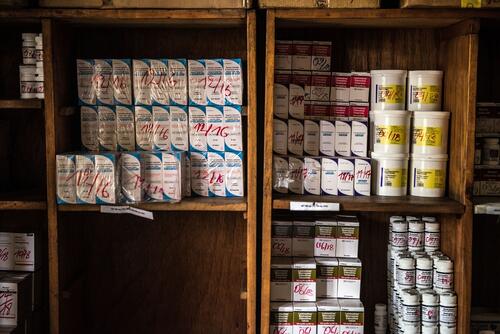During the 1990s, MSF teams made a bitter observation: we were failing to treat some of our patients suffering from infectious diseases, while in developed countries, remarkable progress was being made in the field of health. Two decades on, medicines in developing countries are still either too expensive, aren't suitable to be used in many of the contexts in which we work (for example, in hot, humid conditions or where there's a lack of electricity), or simply don't exist for the diseases we need to treat.
In 1999, we launched the Campaign for Access to Essential Medicines, now known as the Access Campaign. Its mission focuses on three areas: overcoming barriers to access to essential medicines, stimulating research and development for neglected diseases, promoting health exceptions to global trade agreements.
In 2003, MSF joined several research institutes, including the Institut Pasteur, to create the Drugs for Neglected Diseases initiative (DNDi), a non-profit research and development organisation engaged in research and development of new treatments for neglected diseases.

The naked truth
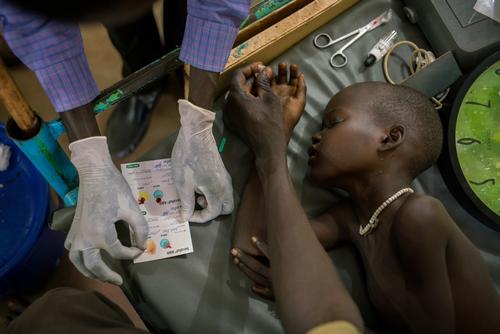
MSF urges governments to set medical research policies that align with people’s health needs
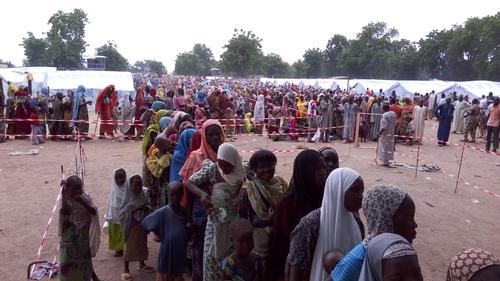
Malnutrition is the biggest problem in Bama
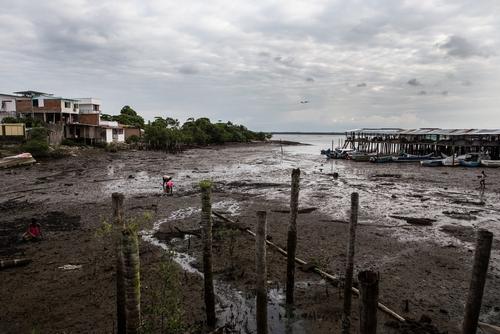
Malaria caused by the falciparum parasite spreading throughout country
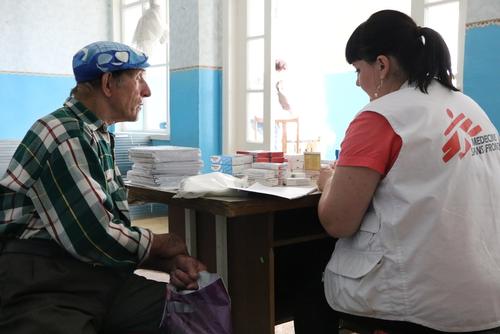
MSF concludes medical humanitarian activities in Bakhmut
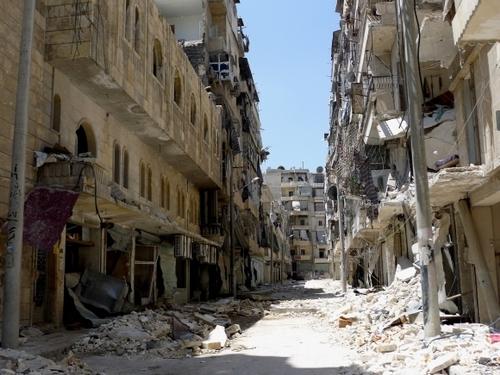
Trapped, under attack and struggling to survive in Aleppo

MSF calls for affordable pneumonia vaccines ahead of Pfizer’s patent hearing in India
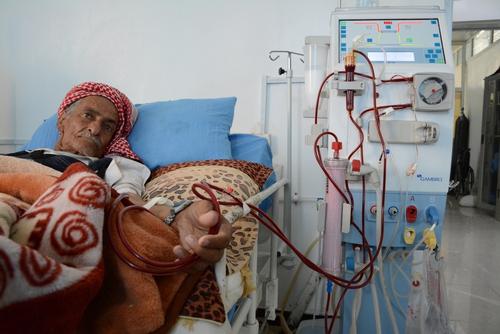
Dialysis treatment at breaking point
